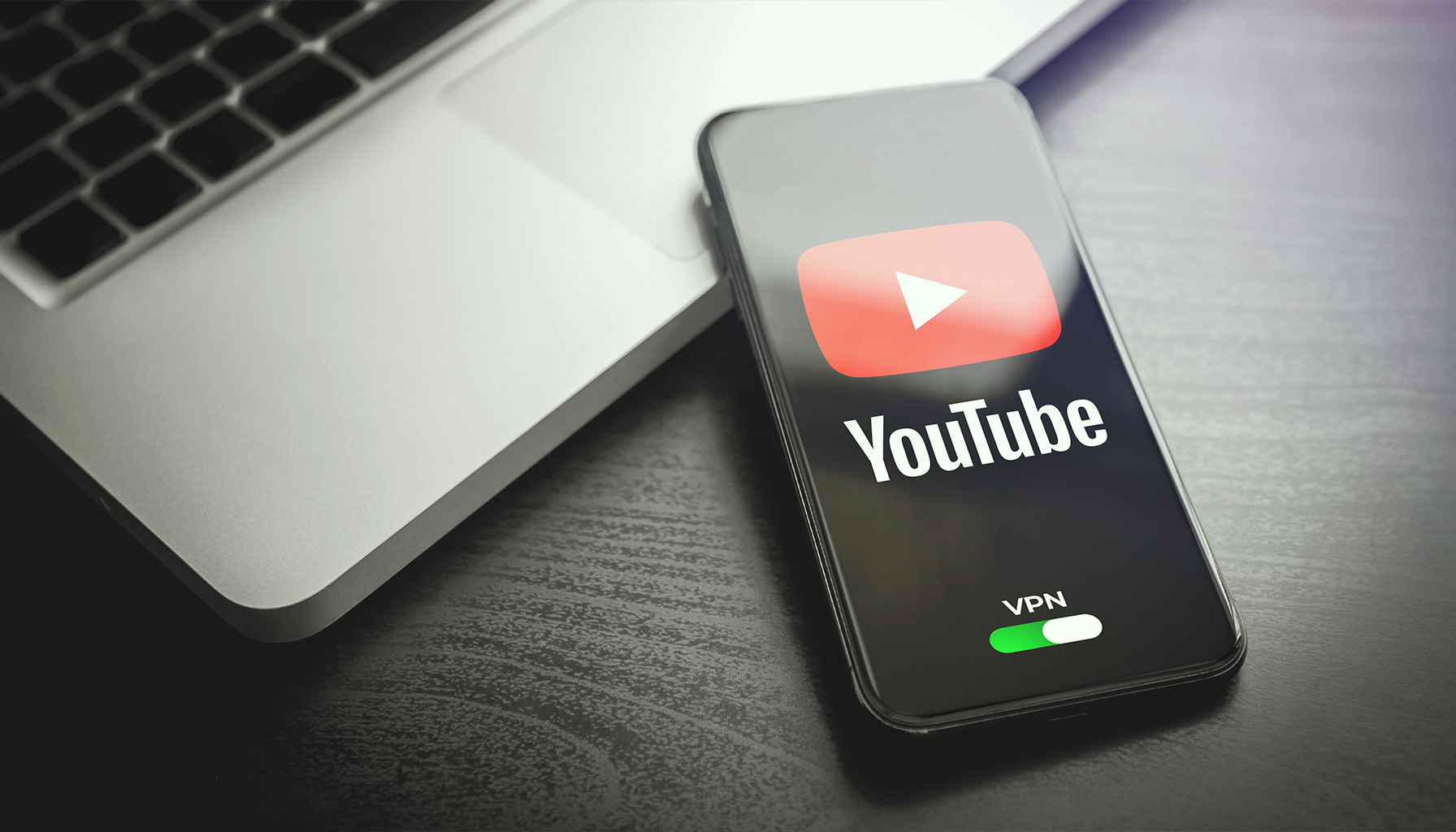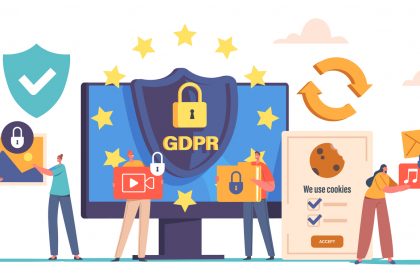Many people often associate VPNs with desktop business computers. Others might think of it as a privacy tool best utilized on a personal PC.
However, according to the stats from Perficient, globally, 68.1% of website visits were done on mobile devices in 2020. While in the US, 61% of website visits come from mobile devices the same year, an increase from the previous year with 57%.
By interpretation, mobile phones are now being used more frequently than desktop computers. Whether you’re using an iPhone or Android, smartphone VPN services are recommended to enhance your mobile internet activities.
This article covers the types of information that can be pulled from your phone usage, how it’s being collected, and how a VPN can protect your privacy.
Increased screen time
Every day, more people spend an increasing amount of time on the internet sending messages, checking social media, or shopping online with their phones.
In a shocking report from CNet, consumers worldwide spent 3.8 trillion hours on their mobiles in 2021, with an average American spending 4.1 hours a day. The more time you spend on the phone, the higher you store more of your data and the higher your chance of sending out personal details.
The implication? This could leave you open to identity theft and other malicious cyber threats. Therefore, if you care about your personal security and privacy, getting a reliable VPN service for your phone is a smart thing to do.
Increased mass surveillance and data tracking
Your Internet Service Provider (ISP) can monitor everything you do online. In many countries, government regulations require that ISPs collect and store their customers’ data. The government can then fetch for it whenever they need it for whatsoever reason.
Besides the government, other outside parties like marketers and advertisers can collect personal information that you may not want to be accessed. They may collect information based on your location, demographics, account details online, and general browsing history.
Consider the different ways you are being tracked:
Your location
The fact that internet service providers are the ones assigning IP addresses to their customers means they can track their locations as well. On some occasions, an IP address can give away a phone’s location as close as the GPS can. Even if they can’t precisely know your street, it’s enough for advertisers to create location-based ads for that area.
With the advancement in mobile phone technology, so many apps will request locations to function correctly. For instance, mapping, weather, dating, ride, social media apps, and many others would mainly require location permission from you. While you can boycott some, an app like Google Maps will be utterly useless as it would have no idea what direction to give out.
Granted, recent smartphone versions, including iPhones and Android, are designed with the ability to permit these apps to use your location only when the app is in use. Even at that, it is difficult to completely trust that they will not use your location information outside what you would agree to or according to their terms of service.
Your browsing history
If you visit certain websites, your ISP can see and tell everything you did on it, including the time spent and the number of times you visited. They can use their knowledge to reveal many things about you to the government based on a subpoena. Your browsing history is also a valuable commodity to digital advertisers.
Based on demographics
Marketers depend on the demographics of an area, that is, the statistical characteristics of people based on their age, income, occupation, interests, sex, race, etc., to build their marketing campaign plan.
Social media websites and apps are notorious for tracking people this way. They have access to users’ personal data, including full names, date of birth, phone contacts, emails, and more. The massive data breach that exposes over 533 million Meta (now Facebook) users from 106 countries in 2021 is one scenario out of many.
Popular apps like fitness, dating, and health apps can track, store, and leak sensitive health information.
Using a public Wi-Fi
Of any place your personal information can be under cyber threat, public Wi-Fi can put you at the highest risk. Someone operating the Wi-Fi server can collect and abuse your data. Additionally, a user like you might connect to Wi-Fi and attempt to hack into people’s accounts due to weak security sometimes associated with Wi-Fi servers.
A VPN will secure your phone
The sheer thought that your profile online is vulnerable to being abused is enough reason to be worried. Luckily, you can take the necessary steps to minimize the cause. You can take the small step of restricting an app’s permission from tracking your location or simply turning it off on your phone setting.
You can also take the time to read through the privacy policy on social media. You can adjust and limit the amount of information you want to give out from your account’s setting.
However, cyber security experts recommend getting a VPN to protect your phone from being tracked or your personal information from being abused. A reliable VPN will provide the fundamental level of security your phone need. It will encrypt your personal information by hiding your IP address from your ISP. It obscures your online activities from the prying eyes of hackers and online data stealers.
VPNIFY is the mobile-friendly VPN you may need
VPNIFY launched its easy-to-use apps for iOS and Android users to provide the protection your personal data truly deserves. Because we are privacy-centric, we developed our app using robust encryption security protocols.
Additionally, if you travel a lot, VPNIFY can be that reliable companion to your favorite streaming services like Amazon Prime, Netflix, or BBC iPlayer. You can bypass geo-blocking content in just a few clicks. This allows you to surf the internet on your phone with peace of mind anywhere, anytime.











